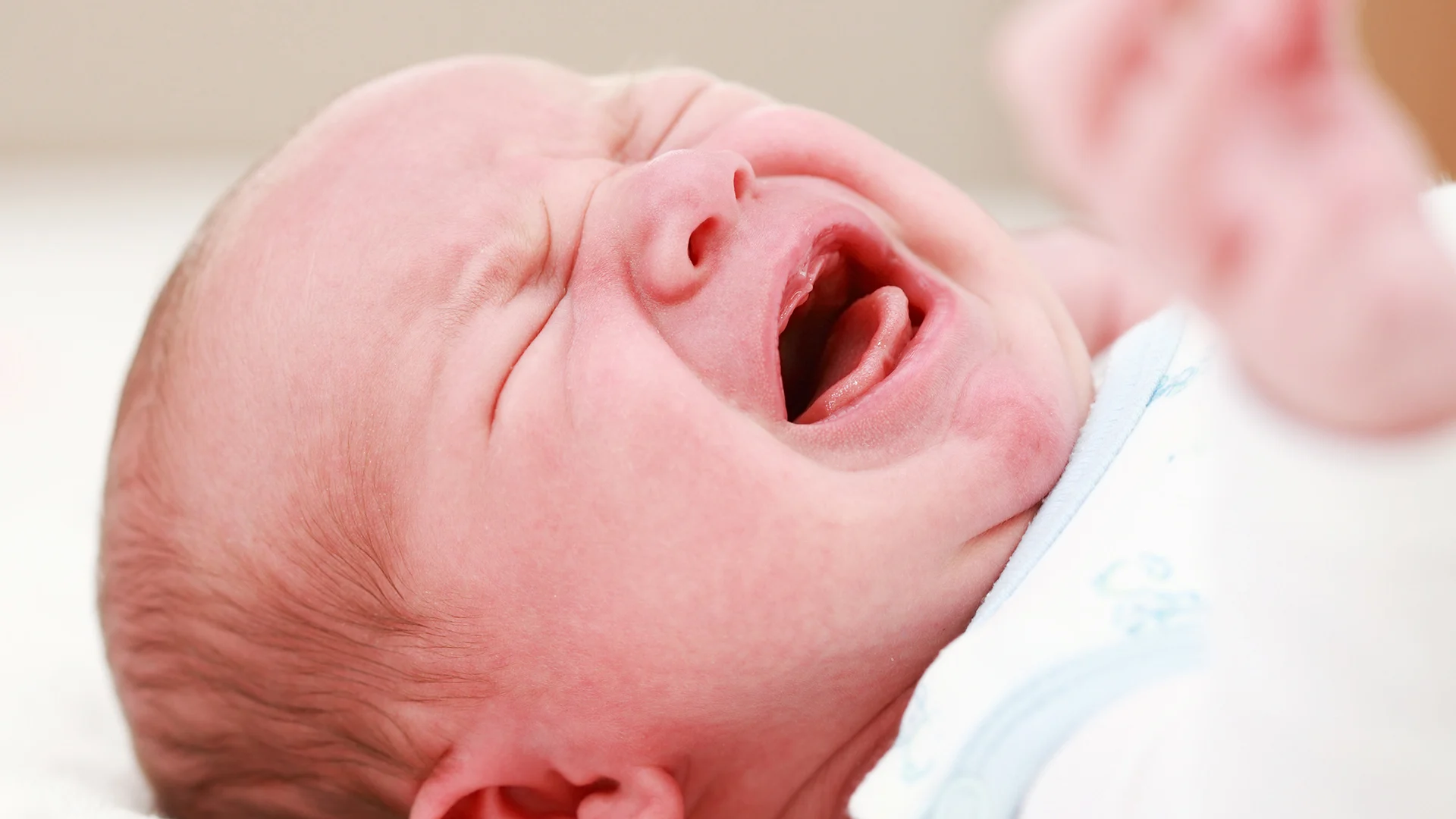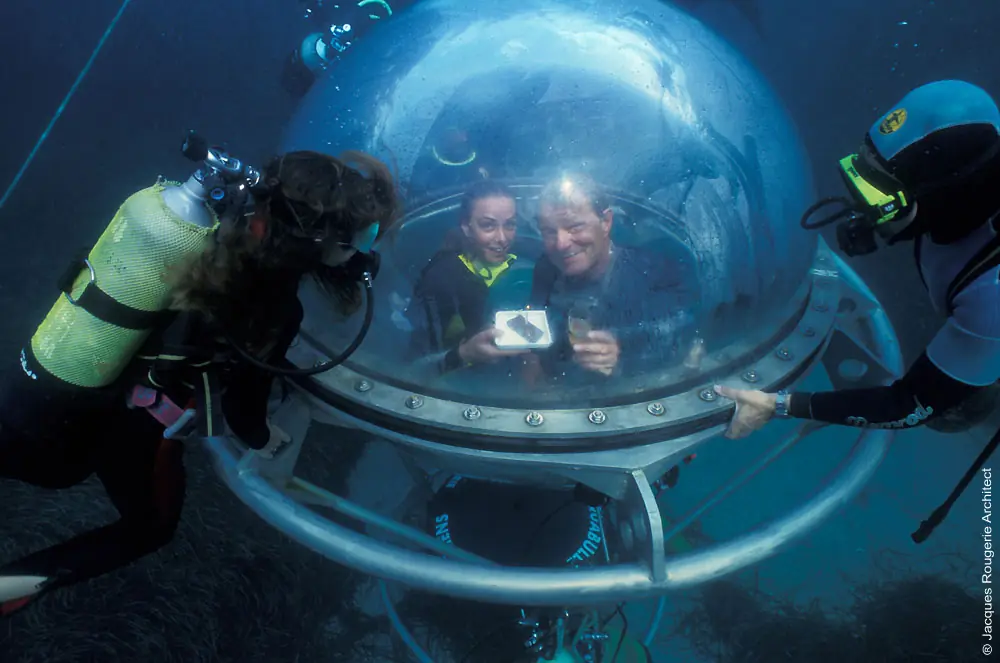
Why Letting a Baby “Cry It Out” May Be Harmful: What Science Says
Why Letting a Baby “Cry It Out” May Be Harmful: What Science Says

Many new parents wonder if letting their baby “cry it out” will promote independence. While this method has been widely debated, scientific research shows that allowing infants to cry without comfort—especially during the first six months—can have negative effects on their brain development and emotional well-being.
Why Do Babies Cry?
Crying is a baby’s only form of communication. Whether they are hungry, tired, uncomfortable, or in need of emotional support, crying signals a need that requires a caregiver’s response. Ignoring those cries doesn't teach independence—it may instead send a harmful message: “Your needs don’t matter.”
Over time, babies who are consistently ignored may stop crying not because they feel secure, but because they’ve learned no one will respond. This can lead to emotional detachment and a breakdown in the early development of trust.
The Science Behind Baby Brain Development and Emotional Needs
During infancy, a baby’s brain is undergoing rapid growth. This critical period is when emotional nurturing from caregivers is most essential. Research shows that leaving a baby to cry for extended periods can elevate cortisol, the stress hormone, which may:
-
Disrupt natural growth hormone production
-
Damage developing neural tissues
-
Increase the risk of long-term emotional and behavioral issues
Certain genes responsible for emotional regulation and bonding are activated by consistent love and care. If these genes remain inactive due to neglect or lack of nurturing, it can lead to lifelong challenges, such as anxiety, aggression, emotional suppression, and poor social skills.
The Myth of “Spoiling” Your Baby
One common myth is that comforting a crying baby will “spoil” them. In reality, responding with love and attention builds a strong emotional foundation. When parents meet their baby’s needs with warmth and consistency, they help create:
-
Secure attachment
-
Emotional resilience
-
Healthy brain development
-
A deep sense of trust and safety
The Long-Term Impact of Ignoring Cries
Each ignored cry may do more than cause temporary distress—it may shape how a child responds to the world for the rest of their life. Trust, emotional expression, and mental health begin to develop in the earliest days of life, influenced directly by caregiver interaction.
Final Thoughts: Support, Not Silence, Builds Stronger Children
Choosing to comfort your baby when they cry isn’t a sign of weakness—it’s an act of emotional strength and awareness. Parenting with empathy and presence supports healthy development, helping children grow into confident, emotionally secure individuals.
In those early months, every cuddle, every response, and every soothing word counts. Babies don’t just cry for attention—they cry for connection. And connection is the foundation of a thriving, emotionally healthy life.
News in the same category


25-year-old woman explains condition that makes her ‘look like an 8-year-old’

When There's a Blood Clot in the Body, It May Send You 4 Warning Signals You Shouldn't Ignore

Inside The 36-hour Fast: How Your Body Transforms Hour By Hour In Viral New Simulation

Eating Too Fast? Here’s Why Slowing Down Can Improve Digestion and Reduce Bloating

Rh-Null Blood: The World’s Rarest Blood Type, Also Known as "Golden Blood"

Recognizing Mini-Stroke Symptoms: A Crucial Step in Stroke Prevention

Experts Reveal 3 Warning Signs of Lip and Nail Cancer You Shouldn’t Ignore

Doctor Warns About the Risks of Not Washing Your Hair Regularly

8 Foods That Are Natural Enemies of Tumors – Make Sure to Eat Them Regularly

Medical Experts Warn: 4 Early Morning Signs That Cancer Cells May Be Attacking Your Body

"On the Brink of Cancer: 5 Warning Signs Your Body Sends — Unusual Pain, Persistent Cough? See a Doctor Before It’s Too Late

Covid origin FINALLY revealed in bombshell study…and it might not have been China after all

Woman who dismissed symptom with back as 'injury' diagnosed with deadly rare cancer

'Healthy and active' woman, 30, diagnosed with cancer after doctor ignored subtle symptom

8 Powerful Foods to Naturally Cleanse and Detox Your Liver

Breakthrough Male Contraceptive Injection Offers Alternative to Condoms and Vasectomy

Scientists: 3 Days of Silence Is Enough to Rewire Your Brain

5 of the Best Anti-Cancer Foods — It’s Time to Start Adding Them to Your Diet
News Post

The Overview Effect: What Astronauts Realize After Seeing Earth from Space

5 Fruits Listed in the ‘Black Book’ That May Promote Cancer Cell Growth: Avoid Them No Matter How Cheap They Are

25-year-old woman explains condition that makes her ‘look like an 8-year-old’

When There's a Blood Clot in the Body, It May Send You 4 Warning Signals You Shouldn't Ignore

Ocean Currents Could Generate 2.5x More Power Than Wind Farms, Study Finds

Inside Super-Kamiokande: The Japanese Neutrino Detector Unlocking the Secrets of the Universe

Inside The 36-hour Fast: How Your Body Transforms Hour By Hour In Viral New Simulation

9 Natural Ways to Remove Plaque & Tartar Buildup

The Incredible Benefits of Dates: A Nutrient-Packed Superfood

Rude Parents Demanded I Not Eat on the Plane Because Their Spoiled Kid 'Might Throw a Tantrum' – I Taught Them a Lesson Instead

Woman Sees Her Husband Enter Motel with Girl and Come Out an Hour Later Shabby

My MIL Sabotaged My Daughter's Dress Before a School Pageant because She Wasn't Her Bio Grandkid

My FIL Insisted I Go On a Spa Weekend He Paid For – Halfway There, My Neighbor Called Screaming, 'It Was All Their Plan! Go Back Now!'

My Stepmother Kicked Me Out Two Days After My Father Died – The Next Morning, a Bunch of SUVs Showed up in Front of Her House

China’s Futuristic Ocean Lab Dubbed ‘Underwater Space Station’ Could Be Ready By 2030

Eating Too Fast? Here’s Why Slowing Down Can Improve Digestion and Reduce Bloating

Scientists Shock World By Turning Lead Into Gold — But There’s A Catch

Rh-Null Blood: The World’s Rarest Blood Type, Also Known as "Golden Blood"
